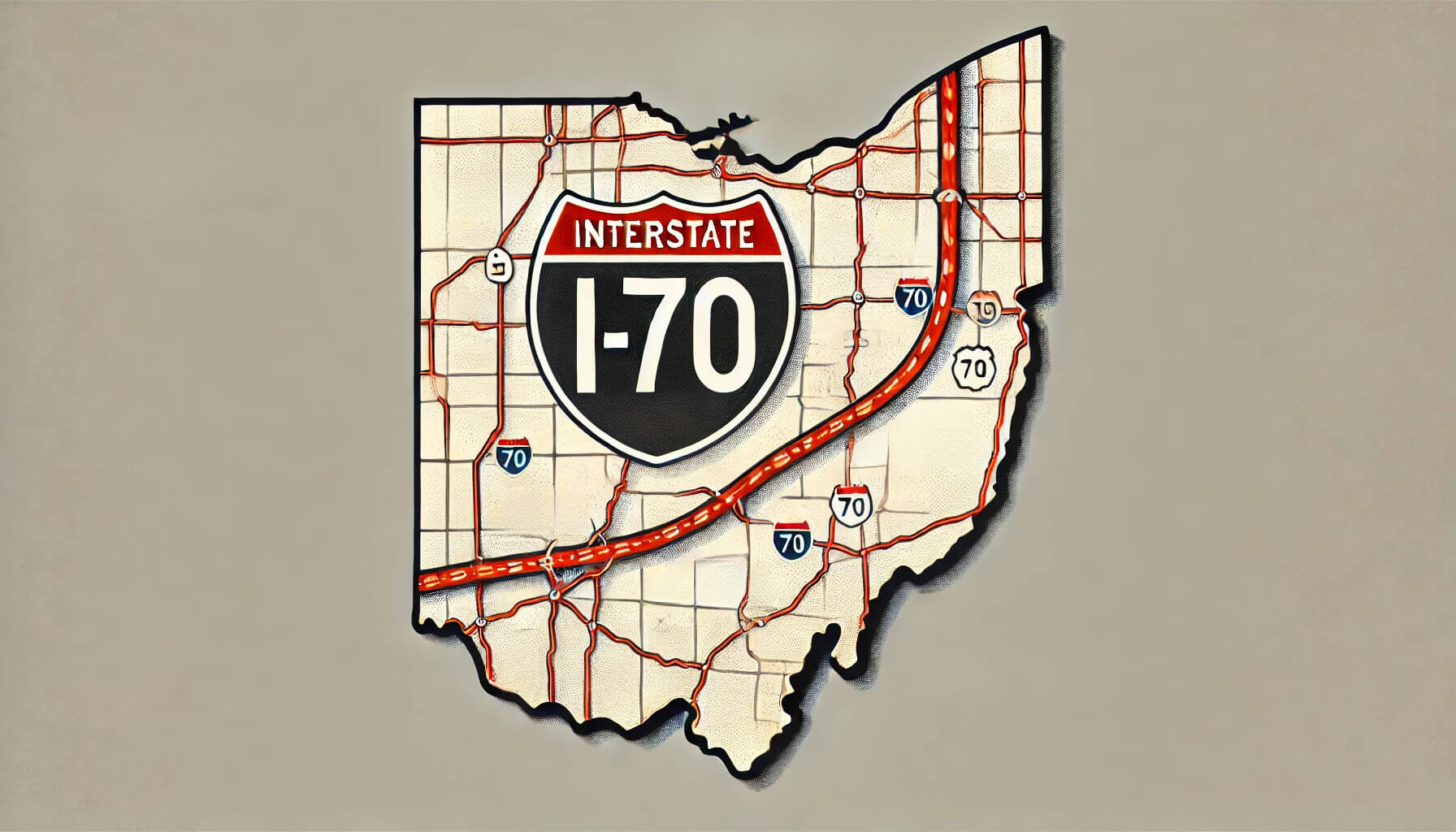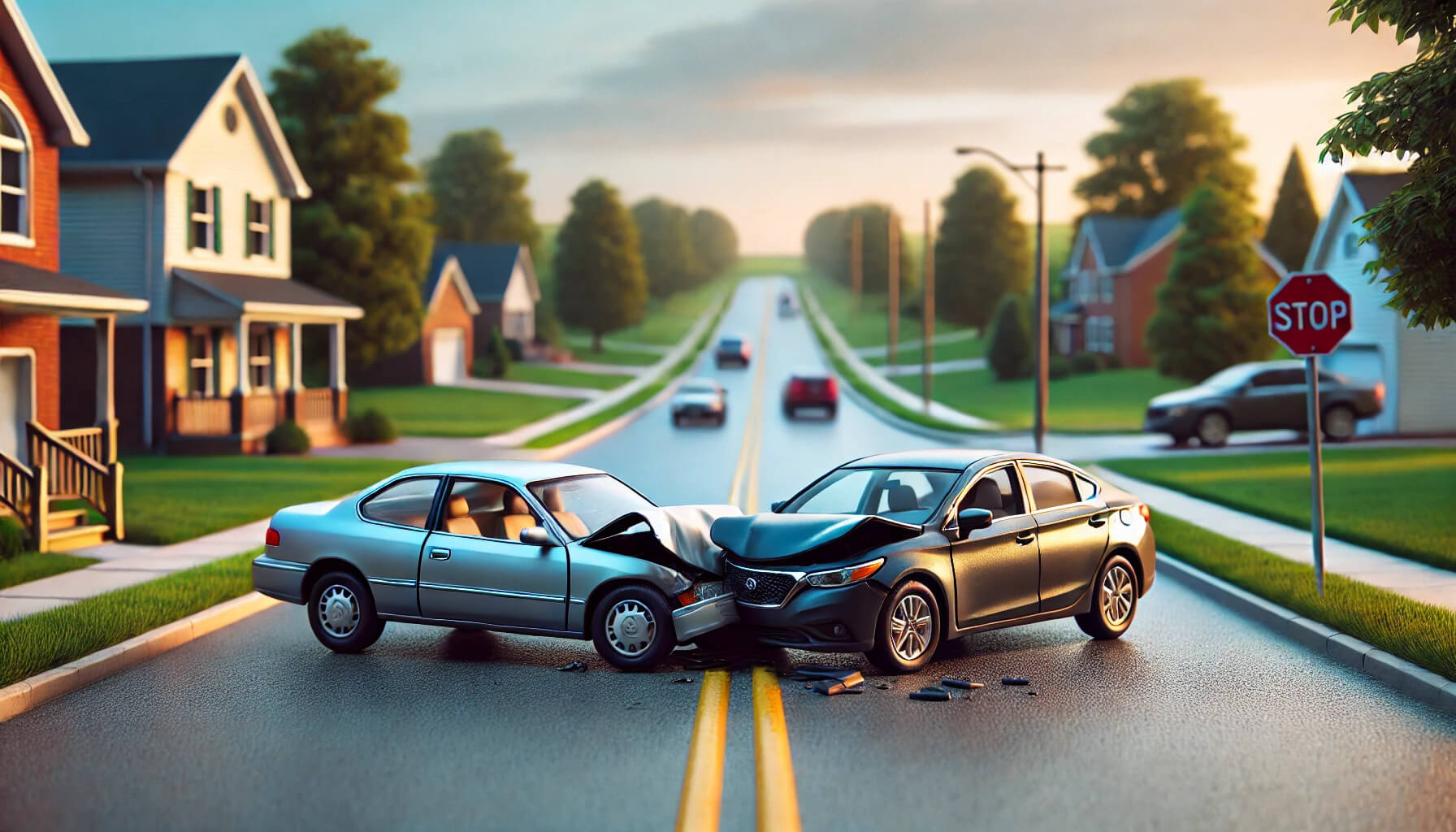Bike Share Programs: Liability and Safety in Shared Public Spaces
In recent years, bike share programs have become a ubiquitous feature of urban landscapes around the globe, offering an eco-friendly, convenient, and cost-effective transportation alternative. These programs, which allow users to rent bicycles from public docking stations or through app-based services for short trips, have been lauded for promoting physical activity and reducing traffic congestion and pollution. However, the rapid expansion of bike share programs has also introduced new challenges and considerations regarding liability and safety in shared public spaces. At SELPH LAW, located at 6047 Frantz Road, Dublin, OH 43017, Suite 101, we are committed to addressing the legal complexities that arise from shared transportation initiatives. This blog post aims to explore the intricacies of liability and safety in bike share programs, providing insights into how both users and operators can navigate these issues.
Safety Concerns in Bike Share Programs
While bike share programs offer numerous benefits, they also raise safety concerns that can lead to accidents and injuries. Common issues include:
Improperly Maintained Bicycles: Bikes that are not regularly inspected or maintained can pose significant risks to riders.
Inexperienced Users: Individuals who are not accustomed to urban cycling may struggle with navigation and traffic laws, increasing the likelihood of accidents.
Helmet Usage: Many bike share users ride without helmets, either because they don’t own one or due to the spontaneous nature of bike rentals, which elevates the risk of head injuries.
Docking Station Placement: Poorly placed docking stations can obstruct pedestrian pathways or create hazards for both cyclists and pedestrians.
Navigating Liability in Bike Share Accidents
Determining liability in bike share accidents involves a complex web of factors, including user agreements, local laws, and the specifics of the incident. Key considerations include:
User Agreements: Most bike share programs require users to accept terms and conditions that often include liability waivers. While these agreements can limit the operator’s liability, they do not absolve them of responsibility for providing safe, well-maintained bicycles.
Negligence Claims: If an accident is caused by a defective bike or a poorly maintained docking station, users may have grounds to file a negligence claim against the operator.
Comparative Fault: In some cases, both the cyclist and another party (such as a motorist or the bike share company) may share responsibility for an accident, affecting compensation.
Ensuring Safety in Shared Public Spaces
Both bike share operators and users have roles to play in ensuring safety in shared public spaces:
Operators: Bike share companies must regularly inspect and maintain their fleets, ensure that docking stations are safely located, and provide users with safety information, including the encouragement of helmet use.
Users: Cyclists should familiarize themselves with the bike’s operation before use, adhere to traffic laws, use designated bike lanes when available, and wear helmets whenever possible.
How SELPH LAW Can Help
At SELPH LAW, we understand the challenges that come with navigating the legal landscape of bike share programs. Our team is equipped to assist clients who have been injured in bike share accidents by:
Evaluating Liability: We can help determine who may be liable for your injuries, whether it’s the bike share operator, another cyclist, or a third party.
Pursuing Compensation: Our attorneys are skilled in negotiating with insurance companies and pursuing legal action when necessary to ensure you receive fair compensation for your injuries.
Advocating for Safer Practices: Beyond individual cases, we advocate for policy changes and safety improvements in bike share programs to protect all users.
Conclusion
Bike share programs represent a promising development in urban transportation, but they also introduce new legal and safety considerations. Whether you are a user who has been injured or a bike share operator looking to navigate liability issues, understanding your rights and responsibilities is crucial. If you require legal assistance or guidance related to a bike share program, contact SELPH LAW at (614)-453-0971. Our experienced team is here to provide the support and advocacy you need to navigate these complex issues.
Sub Categories
Recent Articles
-
 Jan 02, 2025Why Truck Accidents on I-70 Are So Dangerous
Jan 02, 2025Why Truck Accidents on I-70 Are So Dangerous -
 Jan 02, 2025How to Maximize Compensation After a Car Accident in Franklin County
Jan 02, 2025How to Maximize Compensation After a Car Accident in Franklin County -
 Dec 31, 2024Ohio’s Most Dangerous Roads: Where Accidents Happen and How to Stay Safe
Dec 31, 2024Ohio’s Most Dangerous Roads: Where Accidents Happen and How to Stay Safe -
 Dec 31, 2024Understanding the Most Dangerous Intersections in Columbus
Dec 31, 2024Understanding the Most Dangerous Intersections in Columbus

